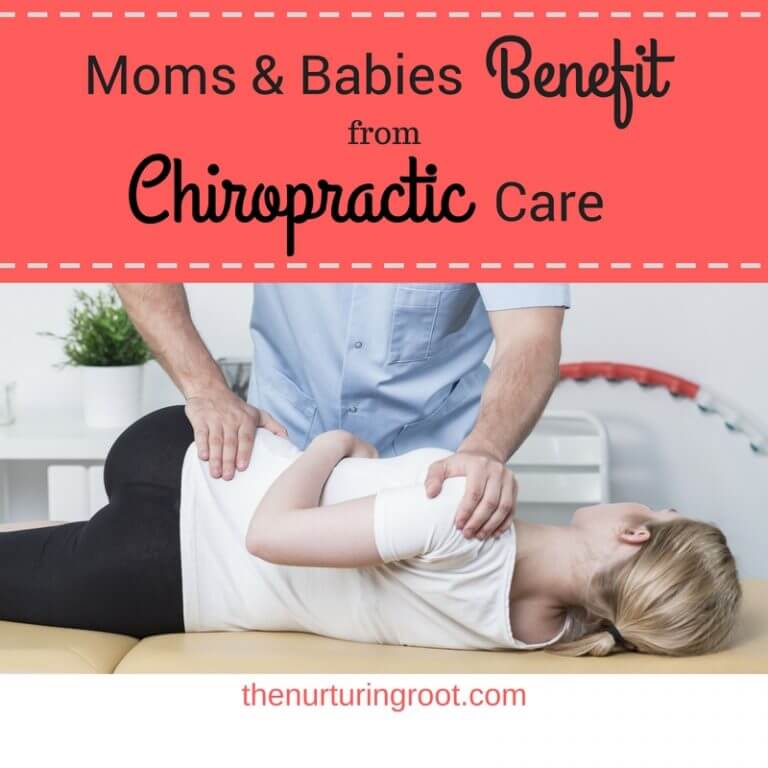No Place like Home: How Home-Birth Could Set the Stage for Long-term Health
We’ve all heard about how vital a healthy gut is for one’s physical well-being. Gut health has been linked to a strong immune system and optimal metabolism. So, it’s no surprise that newborn gut-health has been receiving more attention lately. It’s not news that gut-flora has been found to be most robust in newborns who have been delivered vagainlly and for babies who are breastfed. However, new research has shown that there may be yet another factor that contributes to an even more diverse gut-microbiome. It seems that babies born at-home, away from the overly antiseptic environment in a hospital-setting, not only have superior gut-health at birth but that this remains the case for at least a month after birth.
In a recent study, mothers and babies were followed from birth through to one month after birth.
All babies were born vaginally, breastfed exclusively, and given immediate skin-to-skin contact to control for factors speculated to also have an effect on baby’s gut-health. Stool samples from both mother and baby and vaginal swabs from mother were collected regularly and tested.
Part of what was revealed when analyzing these samples is that babies born in-hospital had higher levels of inflammation-causing microbiota, which can be responsible for a wide-range of potential chronic health issues. In contrast, babies born at-home had lower levels.
It’s not only the quantity of microorganisms in the gut that were different for babies born at-home versus born in a hospital, but also the type. For instance, those born in the hospital had higher levels of C. Difficile and E. Coli, both known to have the potential to cause some nasty illnesses. Whereas those born at-home had less of that type of bacterial colonization and a greater colonization of Bifidobacteria, a “friendly” type of bacteria often used as a probiotic to increase gut-health.
Researchers also looked at the microbiomes of babies born in water versus in air and babies born to mothers who had received antibiotics versus those who had not. All the recorded data is more extensive than this summary allows. The complete study article can be accessed via the following link: https://www.nature.com/articles/s41598-018-33995-.
As is always the case with new research, further research is recommended. However, this information indicates that benefits of home-birth may extend far beyond avoiding unnecessary hospital interventions. There is solid reason to believe that homebirth could set the stage for the child’s long-term health. It seems Dorothy said it best, “There’s no place like home.”




